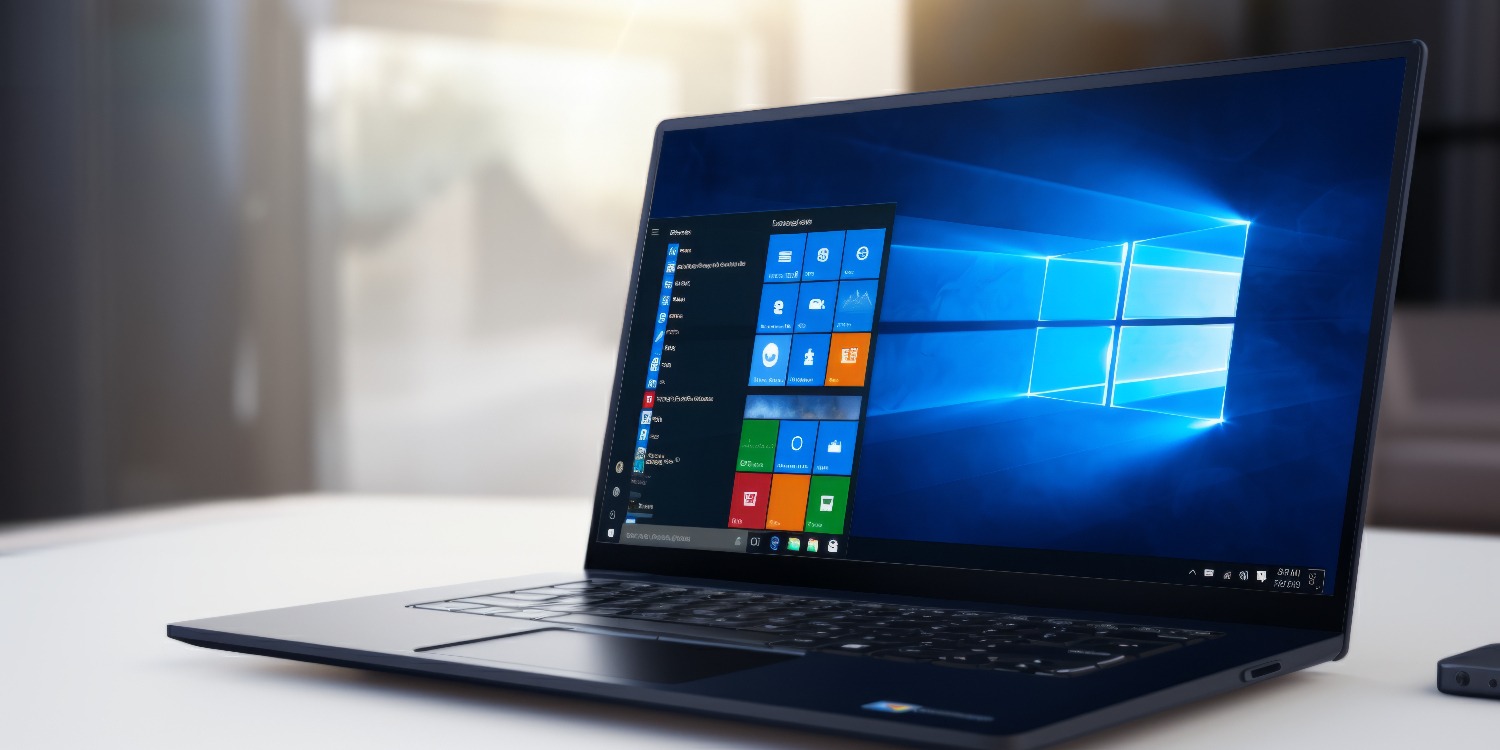The deadline for Windows 10 ‘End of Life’ is looming, but with twice as many devices still using Windows 10 compared to the latest version, businesses need to reconsider and start exploring upgrade options very soon.
Users have until 14th October 2025 to migrate from Windows 10 to Windows 11. After this date, Microsoft will no longer provide Windows 10 updates and security patches.
Find out more about system requirement for the upgrade and see what our Head of Sales Graham Jackson has to say about the importance of upgrading to Windows 11.
Here we take a look at the benefits of upgrading to Windows 11…
Increased Productivity
Enhanced Performance: Upgrading to a newer version of Windows often means better performance and faster processing speeds. This can lead to quicker boot times, faster application launches, and overall smoother operation, allowing employees to work more efficiently.
New Features and Tools: Newer versions of Windows come with updated features and productivity tools. For example, Windows 11 includes improved virtual desktops, better multitasking with Snap Layouts, and integrated Microsoft Teams, which can streamline communication and collaboration.
Compatibility with Modern Software: Upgrading ensures compatibility with the latest software and applications, which are often optimised for newer operating systems. This can prevent downtime and compatibility issues that can hinder productivity.
Improved Security
Regular Security Updates: Newer operating systems receive regular security updates and patches, protecting against the latest threats and vulnerabilities. This is crucial as cyber threats continue to evolve.
Advanced Security Features: Upgrading to a newer OS can provide access to advanced security features such as Windows Hello for biometric authentication, enhanced encryption, and improved malware protection.
Compliance with Regulations: Staying up to date with the latest OS can help businesses comply with industry regulations and standards, which often require the use of supported and secure software.
Enhanced User Experience
Modern Interface: Newer versions of Windows offer a more modern and intuitive user interface, which can improve user satisfaction and reduce the learning curve for new employees.
Accessibility Improvements: Upgrades often include enhanced accessibility features, making it easier for all employees to use the system effectively. This can include better screen readers, voice control, and more customisable settings.
Consistent Experience Across Devices: With features like cloud integration and synchronisation, users can enjoy a seamless experience across different devices, whether they are working from a desktop, laptop, or mobile device.
Business Continuity
Support and Maintenance: Upgrading ensures that businesses continue to receive support and maintenance from Microsoft. This includes technical support, troubleshooting, and access to updates and patches.
Reduced Risk of Downtime: Running an unsupported OS can increase the risk of system failures and downtime. Upgrading helps ensure that systems are stable and reliable, minimising disruptions to business operations.
Futureproofing: By upgrading, businesses can ensure that their IT infrastructure is prepared for future technological advancements and can easily integrate with new hardware and software as they become available.
Contact our Head of Sales Graham Jackson on 0333 305 2020 for more information or to discuss your options.

